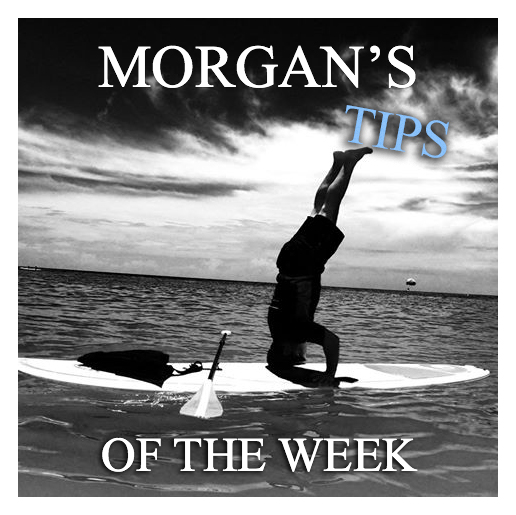On 12/28/15, the 1st DCA issued a bad ruling in Jennings v. Habana Health Care Center (1D15-1255) basically exposing the Employer /Carrier to pay costs even if the PFB is responded to timely and there are no attorney fees due or owing. (case attached)
In this case, the claimant was referred to an ortho on 9/2, PFB filed for the ortho on 9/9, adjuster received the PFB on 9/11, responded on 9/12, and the appointment was set for 9/15. (Yes, that is a response 1 day after it was received)
The DCA did clarify that there are no attorney fees owed, and reiterated that fees do not attach until 30 days after the PFB is received by the carrier under 440.34(3). They also agreed that under 440.192(8) an adjuster has 14 days to respond to a PFB. However, the DCA points out that neither of these sections addresses prevailing party costs:
“Whether benefits are timely furnished, either under subsection 440.192(8) or under subsection 440.34(3), is irrelevant on the separate question of whether a party prevails, entitling the party to costs.
On the record before us, Ms. Jennings was the prevailing party. The claims adjuster received her petition for benefits on September 11, 2014, before the orthopedic evaluation the petition requested was furnished on September 12, 2014.”
So…where does that leave us? Costs, especially at an early stage such as one day after the PFB is filed may be minimal, but could include things such as the claimant’s IME. What if the PFB seeks 5 different benefits, and the E/C only provides one of them? Back in the day of hourly fees we had to sort through which hours were spent on securing the benefits versus those spent on denied benefits, and this may be the way this will be handled.
Immediately I have three thoughts on strategy after discussions within the firm. The first was a clue by the DCA, they said:
“As required by statute, see section 440.192(4), Florida Statutes (2014), her petition for benefits included certification (that was not challenged by the employer or its carrier) that she (or her attorney) had made a good faith effort to resolve the dispute over benefits with the carrier, but was unable to do so.”
So we have amended our RTP we send to the claimant requesting any and all proof that a good faith effort was made. Also, it can’t hurt to add to the PFB response that no good faith effort was made and the PFB should be dismissed.
Second, we may have to file Motions to Dismiss PFB’s for any number of reasons, such as lack of specificity, etc…arguably if the PFB was dismissed by the JCC for a technical reason the claimant was not the prevailing party. However, this must be done within 30 days of the day the PFB was filed, so getting it to your defense attorney is essential on this tact.
Third, we may have to seek costs on every PFB that is dismissed, so we have a running balance to counteract any subsequent PFB’s on which we may owe costs in the future.
In the past, the JCC’s had ruled that when a claimant dismissed a PFB, the E/C did not need to reserve on entitlement to seek costs as the prevailing party and could do so at any time (arguably prior to any subsequent trial). On some cases, if they try and claim costs, we may have to go back and dredge up old PFB’s so we have a counterclaim.
We may see claimant attorneys now dismissing PFB’s but reserving on costs (and not fees) in an effort to toll the SOL under the Longley case.
It remains to be seen how the claimant’s bar will be handling this moving forward. I will keep you in the loop as this develops.
Morgan Indek | Partner

